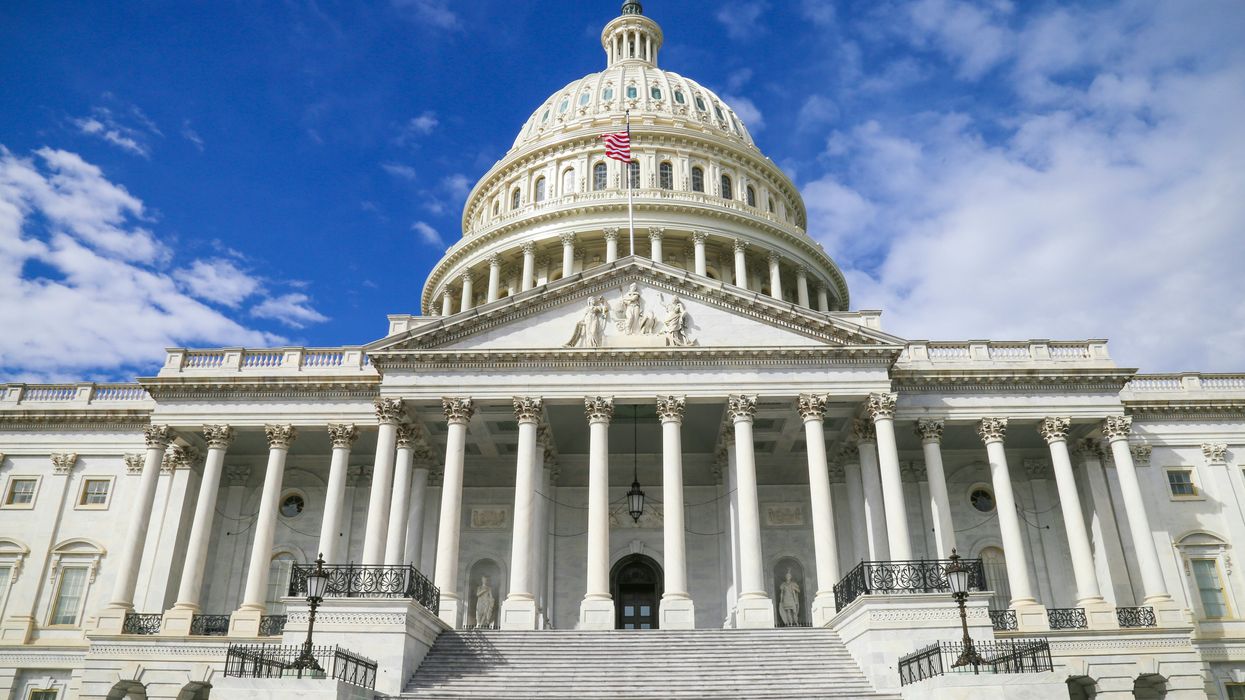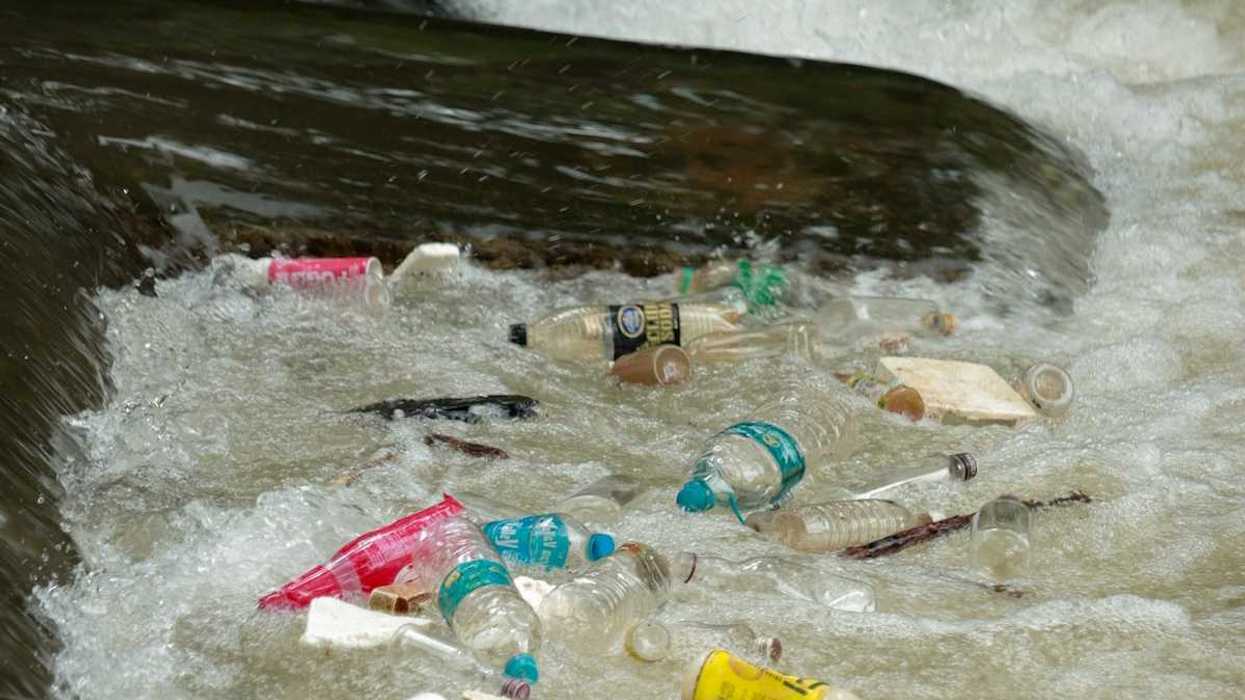A new commentary in Environmental Health Perspectives examines potential strategies for regulating toxic PFAS chemicals using lessons learned from dioxins, another class of hazardous chemicals that were successfully limited through regulation.
In short:
- Some approaches used to regulate dioxins could help lessen the impact of PFAS, such as eliminating any non-essential uses and actively investing in contamination cleanup.
- However, because of their complex toxicity and the large amount of pushback from industry, PFAS present many unique challenges that make regulation particularly difficult.
- As a result, the authors of this paper point to broad restrictions on PFAS production as the most effective tactic for regulation.
Key quote:
“Because of their usefulness, their complex mechanisms that evade regulatory and toxicity screening strategies, and their extreme persistence in the environment, we argue that PFAS have the potential for a greater negative impact on environmental health.”
Why this matters:
PFAS are used in everyday products, and exposure to them is widespread - analyses from the US National Health and Nutrition Examination Survey have found that PFAS are detectable in the blood of 97% - 100% of US individuals. While some forms of PFAS like PFOA and PFOS are subject to regulation, other PFAS continue to be used without restrictions. The authors of this study point to the need for a broad regulatory approach to PFAS and related chemicals in order to address their harm to human health.
Related EHN coverage:
- 2024 could be a big year for PFAS bans: Report
- Op-ed: After decades of disinformation, the US finally begins regulating PFAS chemicals
- Op-ed: An open letter to the Food and Drug Administration Commissioner by Dr. Linda Birnbaum, one of the authors of this commentary
More resources:
- WATCH: An introduction to the "essential use" concept and its application to PFAS, a webinar featuring PFAS expert Dr. Ian Cousins and organized by the EDC Strategies Partnership.

















